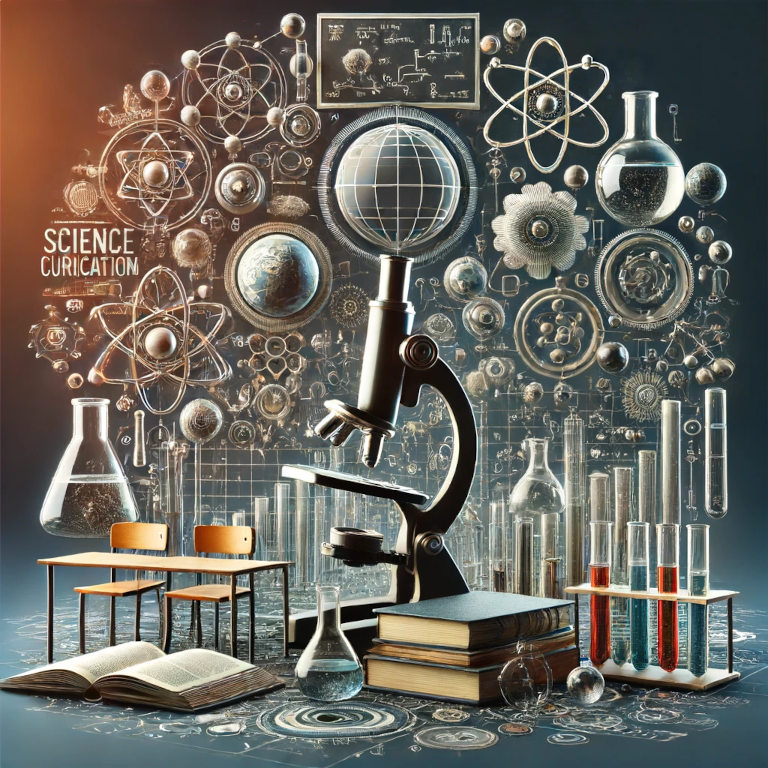Science education serves as the bedrock of innovation and intellectual growth within our society. A robust science curriculum not only equips students with factual knowledge but also enhances their critical thinking, problem-solving abilities, and understanding of the world. In today’s rapidly evolving educational landscape, integrating current scientific advancements and pedagogical strategies is crucial for nurturing informed, skilled future generations.
Core Components of a Science Curriculum
A well-rounded science curriculum encompasses a variety of disciplines including biology, chemistry, physics, and earth sciences. These foundational subjects provide students with diverse perspectives on scientific inquiry and understanding. However, it is not merely about the content; the methodology of delivering this content is equally significant.
1. Inquiry-Based Learning: This approach encourages students to learn science through experimentation, observation, and questioning. It mirrors the actual processes used by scientists to discover new insights and fosters a deeper engagement with the material.
2. Integrated Technology: Modern science education integrates technology to enhance learning experiences. From virtual labs to data collection tools and simulations, technology enables students to explore complex concepts in accessible and engaging ways.
3. Interdisciplinary Connections: A comprehensive science curriculum connects scientific ideas to real-world issues, such as climate change and health sciences. This not only makes learning more relevant but also encourages students to apply scientific knowledge to societal challenges.
4. Assessment Strategies: Effective assessment in science goes beyond traditional testing to include project-based learning evaluations, peer reviews, and self-assessment. These methods provide a more accurate reflection of a student’s understanding and ability to apply knowledge practically.
Curriculum Design and Implementation
Developing and implementing a science curriculum requires thoughtful consideration of content, pedagogical strategies, and the alignment with educational standards. Here are key elements involved:
1. Curriculum Mapping: This involves outlining essential topics and skills to be covered within each grade level, ensuring a coherent progression from basic to advanced scientific concepts. Curriculum maps also help in identifying cross-curricular links and gaps in learning.
2. Professional Development for Educators: Teachers are central to the effective delivery of a science curriculum. Ongoing professional development opportunities allow teachers to stay current with the latest scientific discoveries and teaching methodologies. This is essential for maintaining instructional quality and fostering a dynamic learning environment.
3. Resources and Support: Providing adequate resources, from updated textbooks to lab equipment, is crucial. Additionally, support from administrative bodies for new initiatives and continuous improvement efforts plays a vital role in the curriculum’s success.
4. Student-Centered Approaches: Adapting the curriculum to meet diverse learning needs and styles ensures that it is accessible to all students. This includes differentiated instruction and the incorporation of multiple intelligences into teaching strategies.
Challenges and Innovations
While implementing a science curriculum, schools often face challenges such as budget constraints, resistance to change, and varying levels of student engagement and background knowledge. Addressing these challenges requires innovative solutions such as leveraging community partnerships for resources, using open educational resources (OER), and employing adaptive learning technologies.
Furthermore, the shift towards global awareness in science education emphasizes the importance of preparing students to think critically about global issues. This includes incorporating topics like sustainable development and global health into the science curriculum, making education a pivotal force in shaping informed global citizens.
In conclusion, a science curriculum is more than just a series of lessons; it is a complex framework designed to develop knowledgeable, analytical, and conscientious individuals. By emphasizing inquiry-based learning, integrating technology, fostering interdisciplinary connections, and continually adapting to educational trends, educators can significantly enhance the impact of science education. The ultimate goal is to inspire a new generation of learners who are not only well-versed in scientific concepts but are also prepared to tackle the challenges of the future with innovation and scientific rigor.
This modern approach to science curriculum highlights its dynamic nature and its crucial role in education, preparing students not only for academic success but for a lifetime of curiosity and learning.






